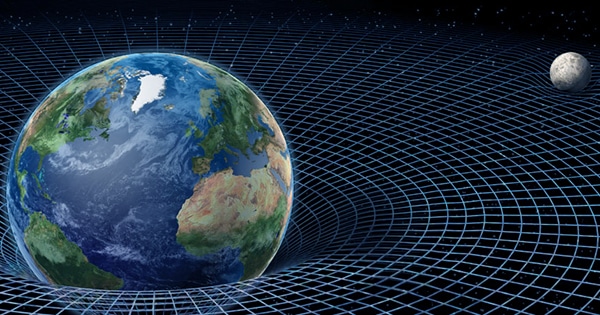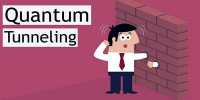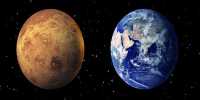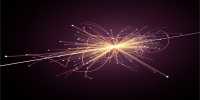Even when put in a zone where both the electric and magnetic fields are zero, charged particles like electrons can be sensitive to the effects of electromagnetic fields, according to quantum mechanics. The Aharonov-Bohm effect is the name for this phenomenon. Something similar happens with gravity, according to a new study. The findings, which were published in the journal Science, constitute a quantum mechanics breakthrough.
A particle’s trajectory can calculate in classical physics simply by monitoring the interaction with the local force fields. There is no force on the particle if the field value is zero. In quantum mechanics, however, this is not the case. Even though the field is zero on its route, a particle in a spatial superposition will sense the potential energy difference in it.
Induced magnetic fields were confirmed to be true in 1960, and physicists assumed that gravity would follow suit. Quantum mechanics and gravity do not get along. Our most well-accepted gravitational theory, General Relativity, frequently clashes with what quantum mechanics proposed. In this case, though, there is an agreement. This effect is analogous to the time dilation that occurs when one is in a gravitational environment.
Gravitational time dilation is significant because it is used to fix things like GPS clocks all the time. However, determining this at the quantum level is difficult. The scientists used a vacuum tube to send rubidium atoms up into the sky. A kilogram tungsten ring mass was closer to the top of the scale. Because a major fact of quantum mechanics is that particles are waves and waves are particles – and you can really play with this duality in fascinating ways – laser pulses are used to split, divert, and reunite the atomic wave packets.
The laser, with some reaching higher and others remaining lower, scattered these wave packets out. However, according to general relativity, the presence of the ring mass warped space-time in the same way that any object with mass does — not enough for us to see, but large enough for the atoms. “In the nascent science of gravitational quantum physics, measuring the effect of gravitational time dilation on matter-wave interference is a crucial step.”
Furthermore, the high sensitivity achieved in these experiments could be used in future measurements of Newton’s gravitational constant, gravimetry applications, and tests of free fall universality,” wrote Dr. Albert Roura of the Institute of Quantum Technologies in a related Perspective on the same issue of Science. A major goal of physics study is to unite gravity with other natural forces. This could be a crucial step towards achieving that goal.













